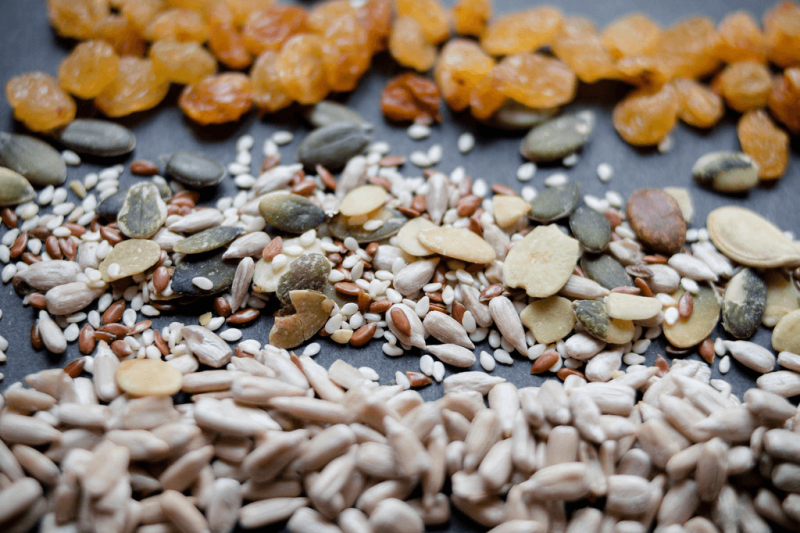‘Superfoods’ are often touted as being exceptionally beneficial for our health. But currently, the concept is mostly just marketing hype designed to sell us expensive and exotic fruits and vegetables rather than providing us with any actual benefits.
These nutrients have been identified as early targets because they are key deficiencies in many people’s diets. But clever editing could mean we need fewer servings of fruits and vegetables, so we wouldn’t have to stress as much about reaching our intake or variety targets. Imagine an apple that could provide all your daily vitamin and mineral needs, so that an apple a day really could keep the doctor away.
One of the ideas behind gene-edited crops is that nutrient levels could be boosted in certain fruits and vegetables, making it easier for us to eat a healthy, balanced diet.
In fact, lots of crops based on this idea have already been produced. One example is soybean and rapeseed that has been edited with one gene suppressed to produce a healthier fat profile, making their oils more like olive oil. Similarly, bananas and rice have been made to include extra vitamin A, and other crops have been enriched with vitamin E, iron and zinc using only tiny edits to the existing genes.































